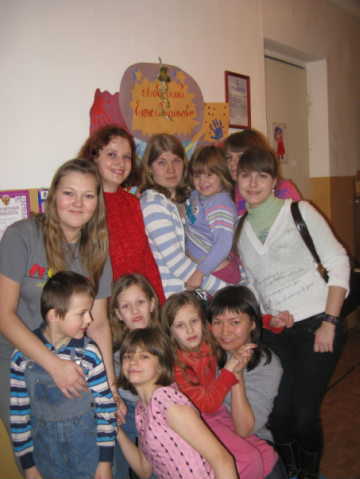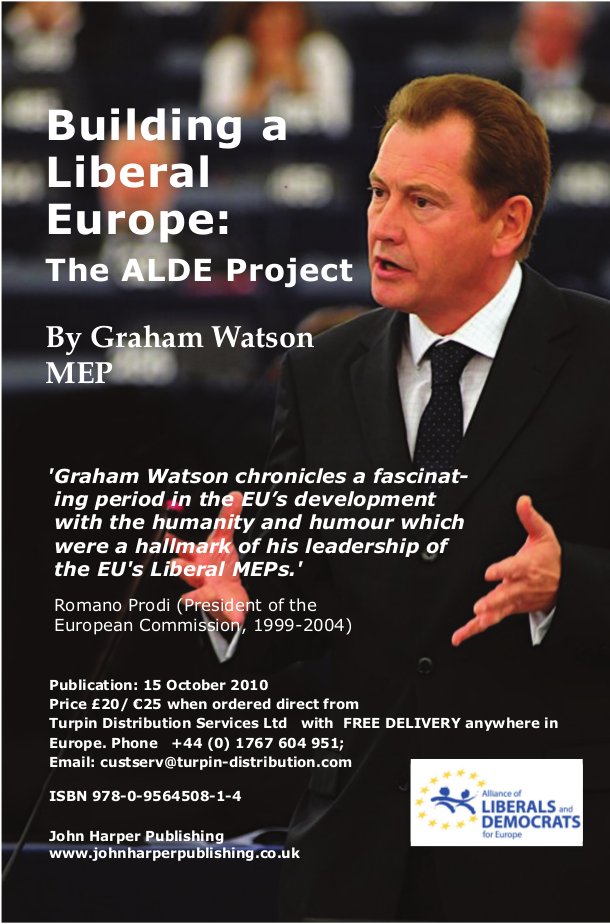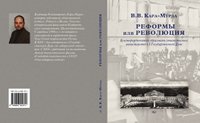Lev Shlosberg in the European Parliament:”Russia does not need cynical political allies”
Press release, 17.11.2016
On November 16-17, the Boris Nemtsov Forum -a platform for Russian-European dialogue – took place in the European Parliament.
Lev Shlosber, deputy of the Pskov Region parliament, YABLOKO Federal Political Committee member, Chair of the Pskov branch of YABLOKO, was invited to participate in the forum by the organisers of the Forum.
A plenary debate on “Getting back on track: policy and priorities for a new relationship” was held on November 16.
Martin Schulz, President of the European Parliament, Guy Verhofstadt, Leader of the Alliance of Liberals and Democrats for Europe (ALDE), and Petras Auštrevičius, Vice-Chair of the Group of the Alliance of Liberals and Democrats for Europe moderated the debate.

Sabine Leutheusser-Schnarrenberger, former Federal Minister of Justice of Germany, Irina Prokhorova, culture historian, editor and publisher, Zhanna Nemtsova, the founder of the Boris Nemtsov Foundation, Jerzy Pomianowski, Executive Director of the European Endowment for Democracy participated in the plenary debate.
In a different speech, Lev Shlosberg called all the European politicians to constantly focus on the situation with political prisoners in Russia, in particular, Ildar Dadin, who was tortured in jail.
Here is Lev Shlosberg’s full speech at the plenary meeting of the BorisNemtsov Forum on 16 November.
Mr. President,
Ladies and gentlemen,
The Russian-EU dialogue is in a political deadlock today.
This deadlock is not accidental, it did not result from a misunderstanding. It resulted from a split between the fundamental values to which the Russian Federation and the European Union adhere when forming domestic and foreign policies.
In the absence of common values resistance becomes the subject of an international dialogue, not cooperation or joint development.
Basically, Russia and Europe returned to the state of a cold war and political rivalry.
There is no such a governmental body in Russia today which accounts for the European values. Russia’s cooperation with Europe stopped being political and is preserved only in the economic sphere, in the realm which was not frozen by the sanction.
There is not a political party in the State Duma which adheres to the European values. I cannot name a single deputy of the lower house of parliament out of 450 members or a single senator of the upper house of parliament out of 170 members who would represent Russia’s European-minded voters.
Russia’s governmental bodies which cooperate with the European institutions are judging by a paradoxical political thesis “Russia is not Europe” which is popular in Russia today.
However, Russia’s political and cultural history was European until its statehood was forcefully cut off in 1917.
It is important to bear in mind that this political course fully corresponds to President Vladimir Putin’s personal political stance, in essence, he formed and defined it.
There is not even such a discussion on the possibility of other stance within the system of Russia’s governmental bodies. Supporters of such a stance will be immediately forced out of the system of public administration.
How can one build a dialogue between Russia and Europe in such a situation?
How can one form and define the agenda?
As for the agenda on resistance and confrontation, such an agenda was formed successfully. Russia’s government is pleased with it.
This agenda became acceptable or even desirable for a significant part of the Russian society due to the efforts of the state propaganda.
Not for the whole society, of course.
The European choice for Russia, the European course of development is essential for this part of the society, for our voters. The representatives of these citizens are acting only at the levels of regional parliaments and local representative bodies in our country today.
Today we should begin developing the agenda for the future dialogue between Russia and the Eu: a common agenda for cooperation and joint development.
If we fail to develop the agenda [for the future] today, we will not be ready to work tomorrow, people hope for this work.
This agenda can be developed by the European political institutions only via direct cooperation with Russia’s European-minded politicians despite their political status at the moment.
All the critical issues of Russia-EU relations, inclining human rights and freedoms, security, economic institutes, conflicts and military activities in Ukraine, Georgia, and Syria must be on the agenda.
It is vital that the development of the agenda should begin already today and should correspond to the public political stance of the European institutions already today.
There is an example which I cannot but bring forward – a trial for Boris Nemtsov murder is under way in Russia now. It is obvious that those who ordered the assassination are out of the court eye, apparently, the perpetrators are most likely to escape the responsibility too. Where is the constant attention and public political stance of the European Parliament, the Parliamentary Assembly of the Council of Europe and other European institutions on this trial which is in the deep periphery of attention? Unfortunately, this attention and this stance are absent today. But this constant attention may be the most effective, if not the only, instrument of the European politicians’ influence on the political situation in Russia.
We and our voter should do the rest of the work.
We are doing it the way we can.
But it is vital for Russia’s citizens, who adhere to the European values, to realise that we have political allies in Europe, who account for the fundamental values of human rights and freedoms not cynical considerations of Realpolitik.
Thank you.
Posted: November 21st, 2016 under Foreign policy, Russia-Eu relations.









